01 October 2019
Nobel King's: Twelve laureates who defined their generation
We take a look at the twelve Nobel laureates who have passed through King's doors.
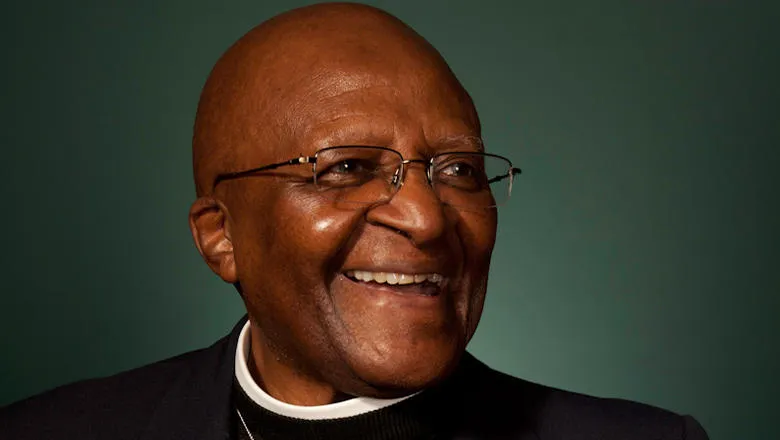
The Nobel prizes were established in 1895 in the will of the Swedish inventor of dynamite, Alfred Nobel. They are awarded annually to individuals who make outstanding contributions in the fields of chemistry, physics, literature, peace, and physiology or medicine.
King’s has been well represented in the Nobel’s over the years, with no fewer than twelve former staff or students being awarded the prize.
Service is in our DNA at King’s. We were founded in 1829 to serve society and our students, staff and alumni have been dedicated to making the world a better place ever since.
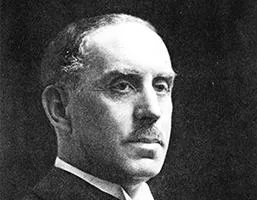
The first was Charles Glover Barkla, who served as Professor of Physics at King's from 1909 to 1913. Also known for his beautiful singing voice, Charles won the Nobel Prize in Physics for his work on ‘Röntgen radiation’ (X-rays) in 1917.
Charles was the first of four King’s physicists to receive the prize. In 1928, Owen Willans Richardson, another Professor of Physics at King’s, was acknowledged for his work on the thermionic emission, the discharge of electrons from heated materials, to which his eponymous law applies.
Sir Edward Appleton joined King’s as Wheatstone Professor of Physics from 1924-36. He was awarded his Nobel Prize in 1947 for his work on the ionosphere, which led to the development of radar during the second world war.
The most recent physics Nobel winner on our list is Peter Higgs. He is Fellow of King's and a triple alumnus, having taken a bachelor’s, a master’s and a doctorate at the College in the 1950s. He received the prize in 2013 for his prediction of the Higgs boson, the discovery of which provided significant evidence for the ‘Standard Model’ of particle physics.
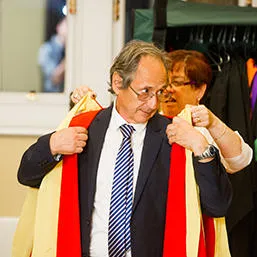
2013 was a good year for King’s alumni and Nobel Prizes, with Michael Levitt (Physics, 1967) also being awarded his Nobel Prize for Chemistry that year. Michael is a biophysicist who studied physics at King’s. His prize was awarded for ‘the development of multiscale models for complex chemical systems’, laying the foundation for the computer models now used to understand and predict chemical processes.
The impressive research record of both Guy’s and St Thomas’ means that no fewer than five of King’s Nobel laureates were awarded the prize for Physiology or Medicine, more than in any other area. The first was Frederick Gowland Hopkins who was both a student at Guy’s Hospital and later a Professor. He was awarded the prize in 1929 for his theory of ‘accessory food factors’, after studying the effects of a diet consisting of pure proteins, carbohydrates, fats, minerals, and water, which he saw failed to support animal growth. Frederick’s ‘accessory food factors’ are now known as ‘vitamins’.
Similar to nutritional sciences, the study of neuroscience at King’s has deep roots in the research history of our constituent institutions. Charles Scott Sherringtonwas a lecturer in Systematic Physiology at St Thomas’ at the turn of the twentieth century. He was awarded the Nobel in 1932 for his work on the function of neurons after confirming René Descartes hypothesis from 1662 that when a muscle contracts, its direct antagonist (eg. biceps/triceps) relaxes to an equal extent.
Another St Thomas alumnus to receive the Nobel was Max Theiler. He came to London from South Africa to study medicine and became the first African-born laureate thanks to his work discovering a vaccination for Yellow fever.
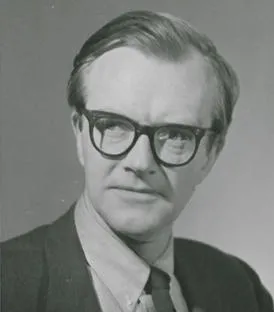
Maurice Wilkins shared his Nobel Prize with Francis Crick and James Watson for their discovery of the structure DNA. Many believed that Rosalind Franklin, the woman who built on Maurice’s work to take the first image of DNA, the famous ‘photograph 51’, should also have been recognised. Rosalind could not be awarded the Nobel because the committee does not consider posthumous nominations. Unfortunately, she died before Maurice and his co-winners received their award. Maurice remained at King’s for much of his career, latterly as Emeritus Professor of Biophysics.
Our final Nobel Prize for medicine winner is Sir James Black, who also became an Emeritus Professor at King’s after spending over decade as a Professor of Analytical Pharmacology. He was awarded the prize for the development of beta-blockers and anti-ulcer drugs in 1988.
King’s only winner of the Nobel Prize for Literature is Mario Vargas Llosa, who was a Lecturer in Spanish American Literature in the late 60s and early 70s. The Peruvian writer’s most famous novels include The Green House, The Feast of the Goat and Aunt Julia and the Scriptwriter, and he is also known for his essays and criticism. He stood for the presidency of Peru in 1990.
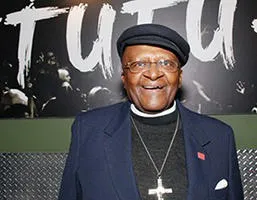
Our final Nobel Laureate is Desmond Tutu (Theology, 1965; MTh, 1966), who won the Nobel Peace Prize in 1984. He is a double alumnus of King’s, taking both his bachelor’s and master’s degrees in Theology here in the 60’s. A prominent campaigner against apartheid in South Africa, Desmond spoke out against the regime throughout the period that Nelson Mandela was imprisoned.
It’s an undoubtedly impressive list, it should be noted that so far there hasn’t been a female winner of the prize from King’s. This isn’t an imbalance particular to us – less than six per cent of Nobel prize winners to date have been women. In recent years this has started to change with the Nobel comittee recognising an increasing number of women excelling in their respective fields. We look forward to celebrating the next Nobel Laureate from King's.
